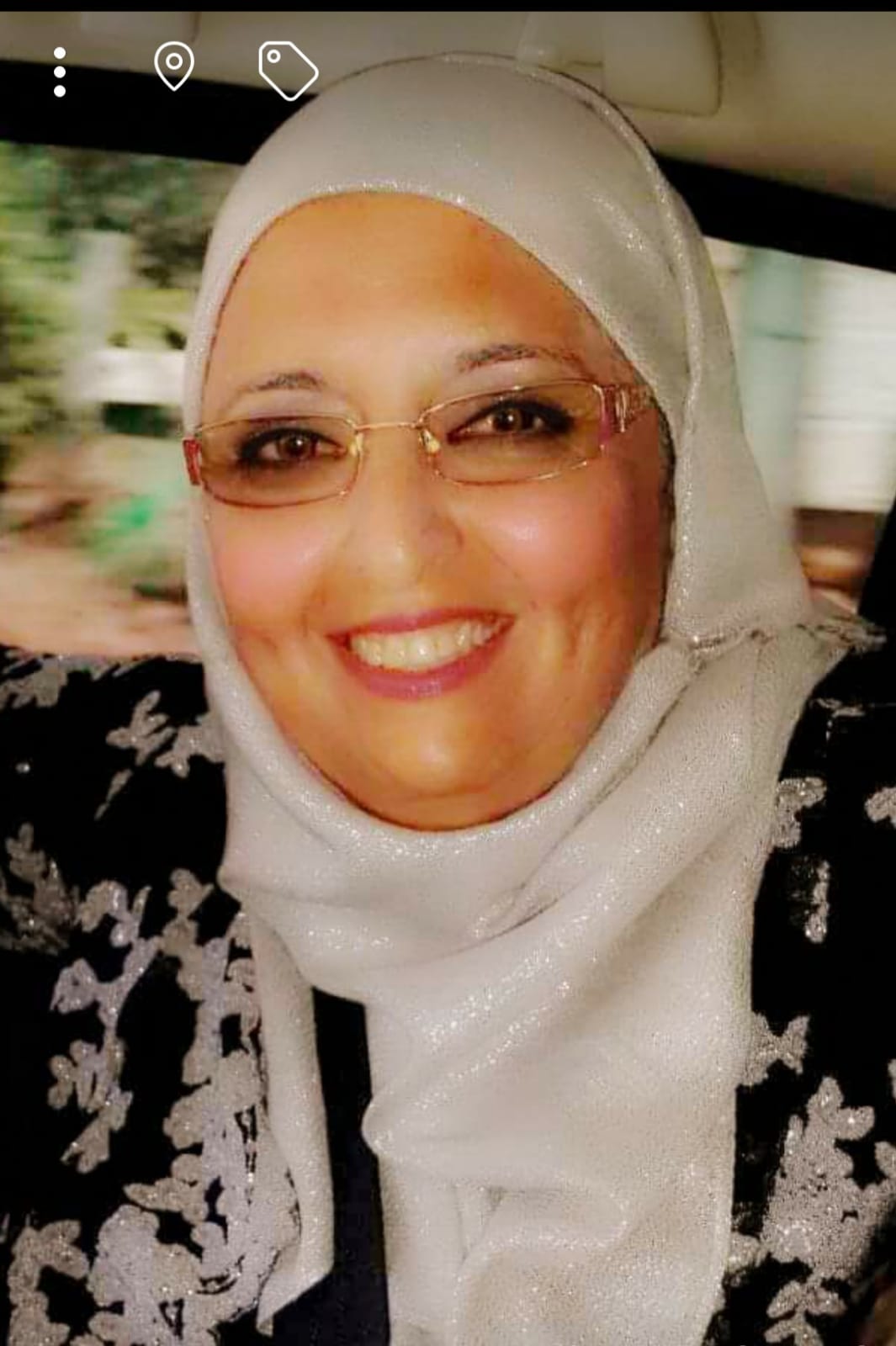
To the State of Israel and all its inhabitants,
Islamic law does not give clear specific instructions about a right political structure, like it does for ritual worship, business deals, and issues relating to inheritance. The law explains the foundations and the general values that are required for any political system. One should guard and protect these principles, but then leave it to human efforts to build such a system that can protect these values.
There are four basic values that are required by the “Shariya” (Muslim law) in every political regime: justice, “shura”(consultation), equality, and freedom.
The value of Freedom, acquired by the shedding of a lot of blood, was brought into Muslim law in order to make clear that every human being was born free and no one should be enslaved.
Experts in Muslim judicial theory see freedom as a religious Muslim goal, which determines the necessity for freedom of speech, freedom of faith, and freedom of opinion. As it is written in the Holy Koran: “Religion cannot be forced” (Sura of the Cow, verse 256).
As for the details concerning freedom and the ways to achieve it, all these are left for the individual person, in order for him to put forth the effort and have experiences that will help him to achieve freedom. Is it possible to achieve freedom by building establishments and imposing sanctions on those who enslave other people and limit their freedom?
There is always a possibility to set up structures and parties that will act on making the value of freedom a reality for all and protect the individuals, but more important is the expression of it an existing political system. Muslim law does not expand on the details, but explains about the four political values. When they are implemented, the political structure can be referred to as a “Muslim regime”, but when these values don’t exist, then it is not such.
Muslim institutions must act on setting criteria for these values. They will be measured by the existence of these values in a society, in order to advance it. Justice, shura, equality, and freedom - if a society has these then it is a just, modern, and rational one. But if these values don’t exist, then it is a weak and corrupt society, lagging behind.
I call on the State of Israel to promote freedom for all its inhabitants, regardless of religion, race, or ethnic/national identity.
Sincerely,
Hajjah Ibtisam Machameed


Hajjah Ibtisam Machameedam, lives in Furadees, in northern Israel, with her husband Subchi and their three children. In 1998, she was a candidate for the mayoral campaign in her town. Her primary focus is on improving relations between Jews and Arabs in Israel, and she also works to improve the status of women in both Arab and Jewish societies. Sheikha Machameedam is a board member of “Middleway”, an NGO for the promotion of compassion and non-violence, and a co-founder of the Women’s Interfaith Encounter, a program of the Interfaith Encounter Association. In 2009, Sheikha Ibtisam was honored by the Dalai Lama while receiving an award for peace.